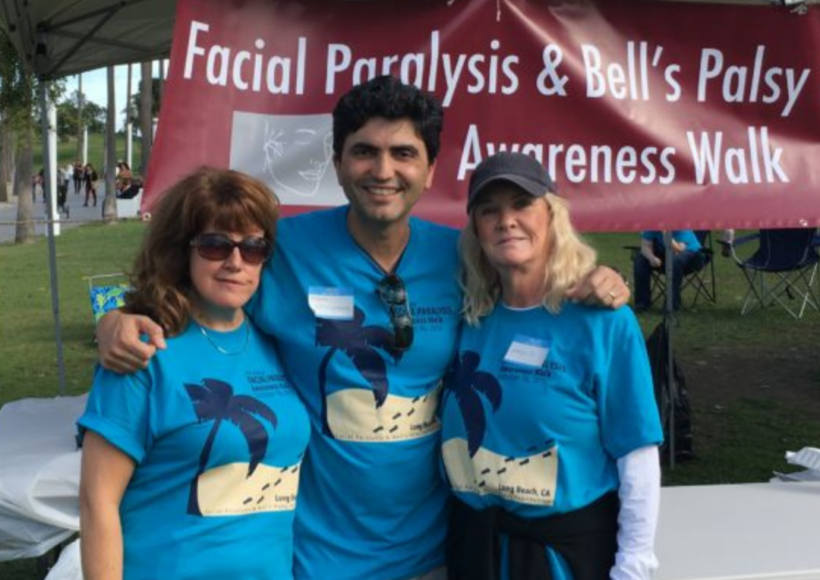Causes & Treatments
More about Facial Paralysis & Bell's Palsy
Causes & Treatments
Congenital Facial Paralysis
Congenital facial paralysis is a rare form of facial palsy affecting children at birth. To make a diagnosis, extensive testing, including physical examinations, is necessary to exclude other conditions.
Click for more info
Mobius Syndrome
Mobius syndrome is a form of facial paralysis that is present at birth, which involves the absence of the necessary 6th and 7th cranial nerves for optimal and normal facial muscle function, particularly in relation to the eyes.
Click for more info
Ramsay Hunt Syndrome
Ramsay Hunt Syndrome is a condition in which shingles compromises the facial nerve, which can result in symptoms including hearing loss on the affected side of the face, and even temporary facial paralysis, as well as a blister like rash near the ear.
Click for more info
Bell's Palsy
The number one cause of facial paralysis in the US is Bell’s palsy, which is a term used for any type of facial paralysis that does not have any other associated causes, such as tumors, trauma or salivary gland inflammation.
Click for more info

Synkinesis
Synkinesis means "simultaneous movement." Synkinesis occurs secondary to abnormal facial nerve regeneration after Bell's palsy, or in instances where the facial nerve has been cut and sewn back together.
Click for more info
Acoustic Neuroma
An acoustic neuroma is a non-cancerous tumor that grows on a tiny nerve between the inner ear and the brainstem. This eighth cranial nerve is made of several nerves that connect the ear drum to the brain. The cochlear nerve carries hearing information, and there are two others that carry information to the brain to control a person's balance.
Click for more info
Additional Causes
Physical trauma, especially fractures of the temporal bone, may also cause acute facial nerve paralysis. Infections such as herpes zoster virus, otitis media, and lyme disease may be a direct cause of facial nerve palsy or paralysis. A stroke can also cause the facial nucleus to be affected by infarcts of the pontine arteries.
Click for more info
